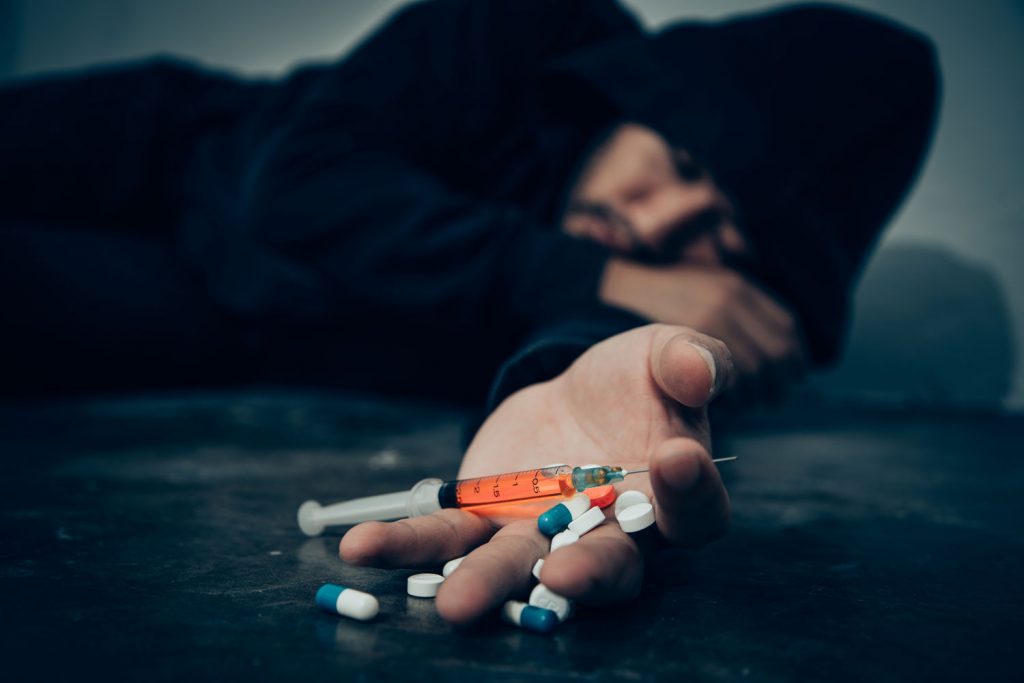It is not enough to describe trauma as merely having lived through a bad event. Trauma describes the deleterious long-term effects on a person’s overall well-being.
Experiencing a traumatic event leads to ongoing stress and anxiety. Cortisol and adrenaline, the chemicals that control the body’s fight-or-flight reaction, are released during recurring “echoes” of the traumatic experience.
While cortisol and adrenaline are useful in a crisis, large doses of the compounds can lead to recurring problems. If you suffer from post-traumatic stress disorder (PTSD), your body may confuse the recollection of a life-threatening event with the actual experience.
In certain cases, people who have been traumatized find themselves unable to come to terms with the events that occurred. Post-Traumatic Stress Disorder (PTSD) is a serious mental condition that develops as a result.
Military veterans are most commonly associated with this disorder, but those who have experienced childhood trauma are also susceptible. To alleviate these feelings, patients may self-medicate, using drugs and/or alcohol to deal with their upset.
How PTSD is Caused
Trauma may result from any of the following events:
- Experiencing harassment, such as bullying
- Experiencing terminal illness
- Parental neglect or abuse
- Physical or sexual assault
- Living through a natural disaster
- An accident, such as a car crash
If you have survived any of the above experiences, especially if it was life-threatening, you can develop PTSD.
Symptoms Related to Trauma
Symptoms that may indicate a person has PTSD include the following:
- Unexplained or dramatic mood swings
- Erratic behavior
- Improper displays of emotion
- Recurring fears, anxiety, or nervousness
- Prolonged irritability
- A lack of self-confidence (timidity)
- The avoidance of activities that relate to the trauma
- Continually reliving the experience
- Problems with professional associations
- Problems with social or romantic relationships
If you have had a traumatic childhood experience, you are at a much higher risk for a drug or alcohol addiction. This is especially so if the childhood trauma was related to substance abuse that the child witnessed in their family while they were growing up.
The Dual Diagnosis of Addiction and PTSD
Statistically, about two-thirds of the population with an addiction problem have experienced a traumatic event. When these disorders, PTSD and addiction, co-occur, they are known as co-occurring disorders, and we describe the person as having a dual diagnosis. The escape into drugs or alcohol may be triggered by:
- Irritability
- Hypersensitivity to loud sounds or sudden movements
- Social withdrawal
- Problems with sleeping
- Depression
Depending on the trigger, a patient may attempt to “cure” themselves with alcohol or drugs. Eventually, they develop a tolerance to the drug, which only worsens the situation.
Treating an Addiction Caused by a Traumatic Event
To treat an addiction that is associated with a traumatic event, both issues should be addressed by a trained counselors simultaneously. But first, detoxification from the substance is necessary. This should be done under medical supervision in a rehab facility. After detox, the patient can learn certain coping skills that replace the need to self-medicate.
While a traumatic event may be a part of your past, you don’t need to continue to carry it. By following an individualized treatment plan, you can break the hold of addiction. Doing so can lead to holistic and rewarding recovery.








Leave a Reply
You must be logged in to post a comment.